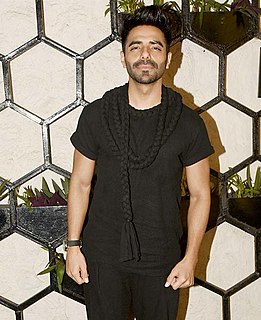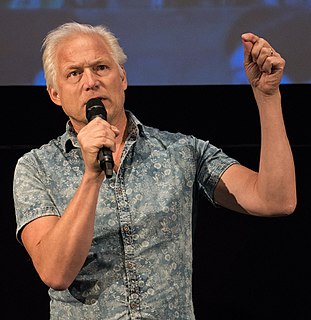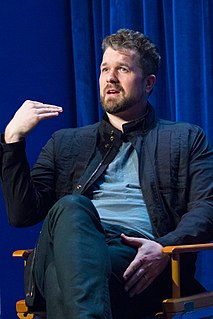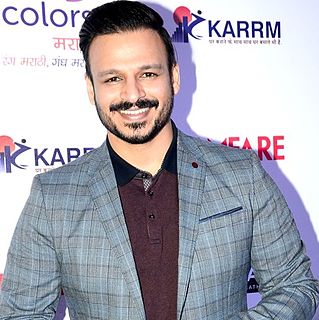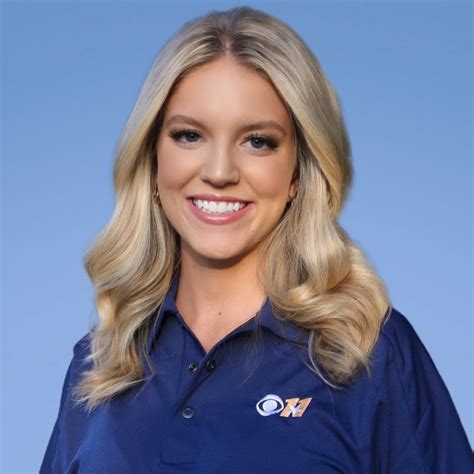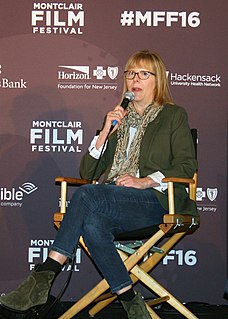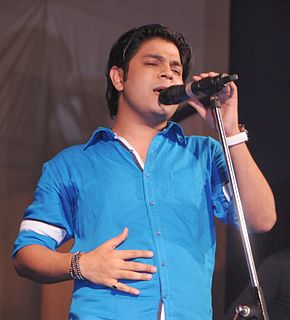A Quote by Morgan Freeman
I don't know what my favorite film of mine is... But I think the most important film I was in was 'Glory'.
Quote Topics
Related Quotes
You know, in an ideal world, people would just be intrigued and go and see a film without knowing anything about it, because that's where you're going to have the most experience of a film, the biggest, the most revelation of a film. But at the same time, I think there are benefits of having seen a trailer where you actually look forward to seeing moments in a film knowing that they're coming up. I don't know which is better.
I left film because I felt that photography was my art. It was something I could do on my own, whereas film was so collaborative. I thought as a photographer I could make something that was artistic and that was mine, and I liked that. And it wasn't until I got back into film and I have very small crews and I could do very tiny filmmaking that wasn't 100 people that I still felt that I was making something artistic as a filmmaker. So, you know, I'm an artist, and whether it's photography or film, I want my voice to be there and I think my voice is very strong in this film.
I got into film in an odd way - when I was 17 years old I participated in a Swedish film as an actor. I think every person at that age should get a role in a film, because during that time you want acceptance, and when you have a role in a film you become an important person. I think about that now, and that was my fantastic starting point.
It used to annoy and frustrate me to have to come in and audition. I would say to my agents, 'Haven't they seen this film and this film and this film? They know what I look like... They must.' Until I directed an episode of 'Roswell.' And all of a sudden, I realized why that was such an important thing.
I'm ready for all forms of dialogue about the film The Conquest. There will be a lot of political talk, but I don't think the film itself will be scandalous. For the French, there are so many emotions relating to Sarkozy and politicians in general that I think the film will generate a lot of passion, whether it be negative or positive. Above all, it's a fictional film. It was important not to make a documentary and to really pay attention to the images. From the choice of the actors to the mise en scene, the film is completely cinematographic. It's not just a boring political movie.
"Fish Tank" [my favorite woman-directed film] by Andrea Arnold. The film is so beautifully shot, and I love the raw energy of Katie Jarvis, who plays the main character, Mia. She is not a professional actress and she provides the film with a sense of realism. To me, the film feels so complete and superior.
I don't know if I'm the most religious guy, but I think I'm a spiritual man, and these are the things I think about a lot. In terms of the film, I think 'The Grey' is very much a non-denominational kind of film. I don't think it's something that relies on a particular religious bent to tell the story.


